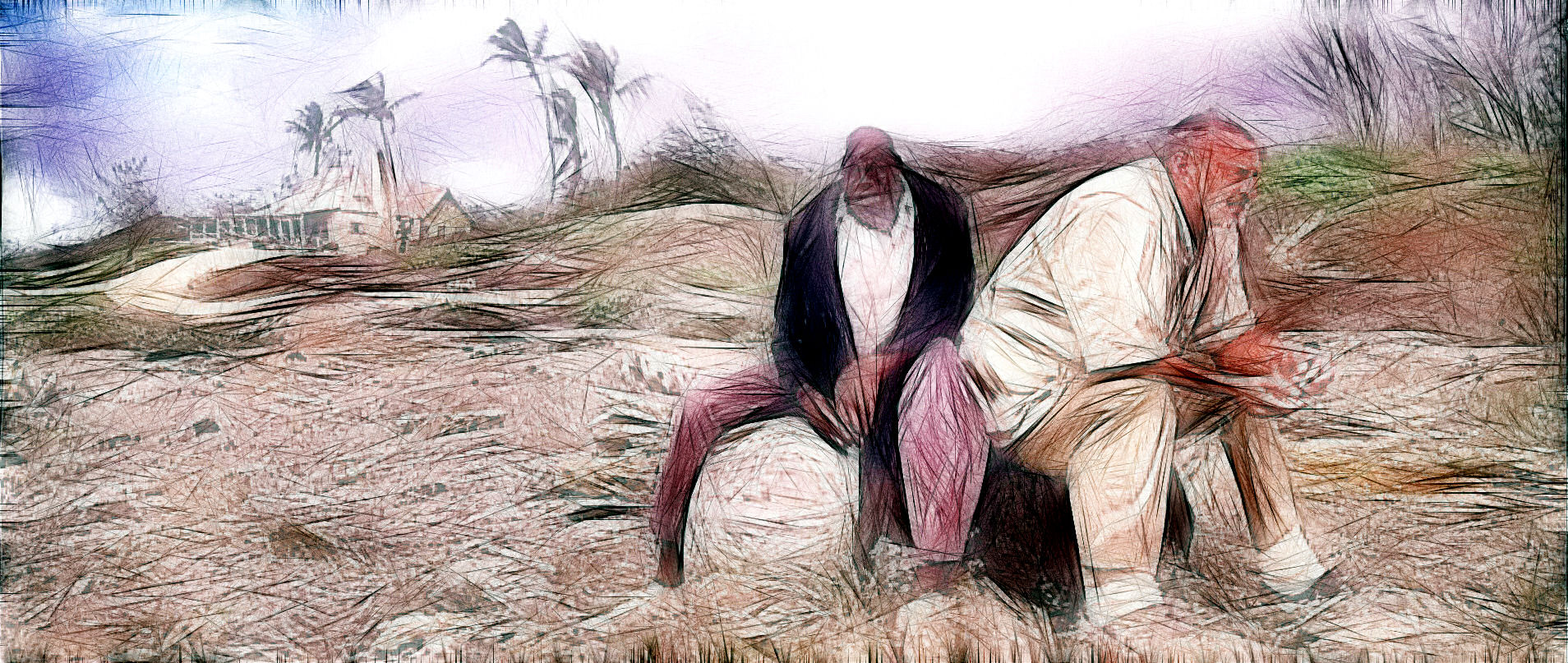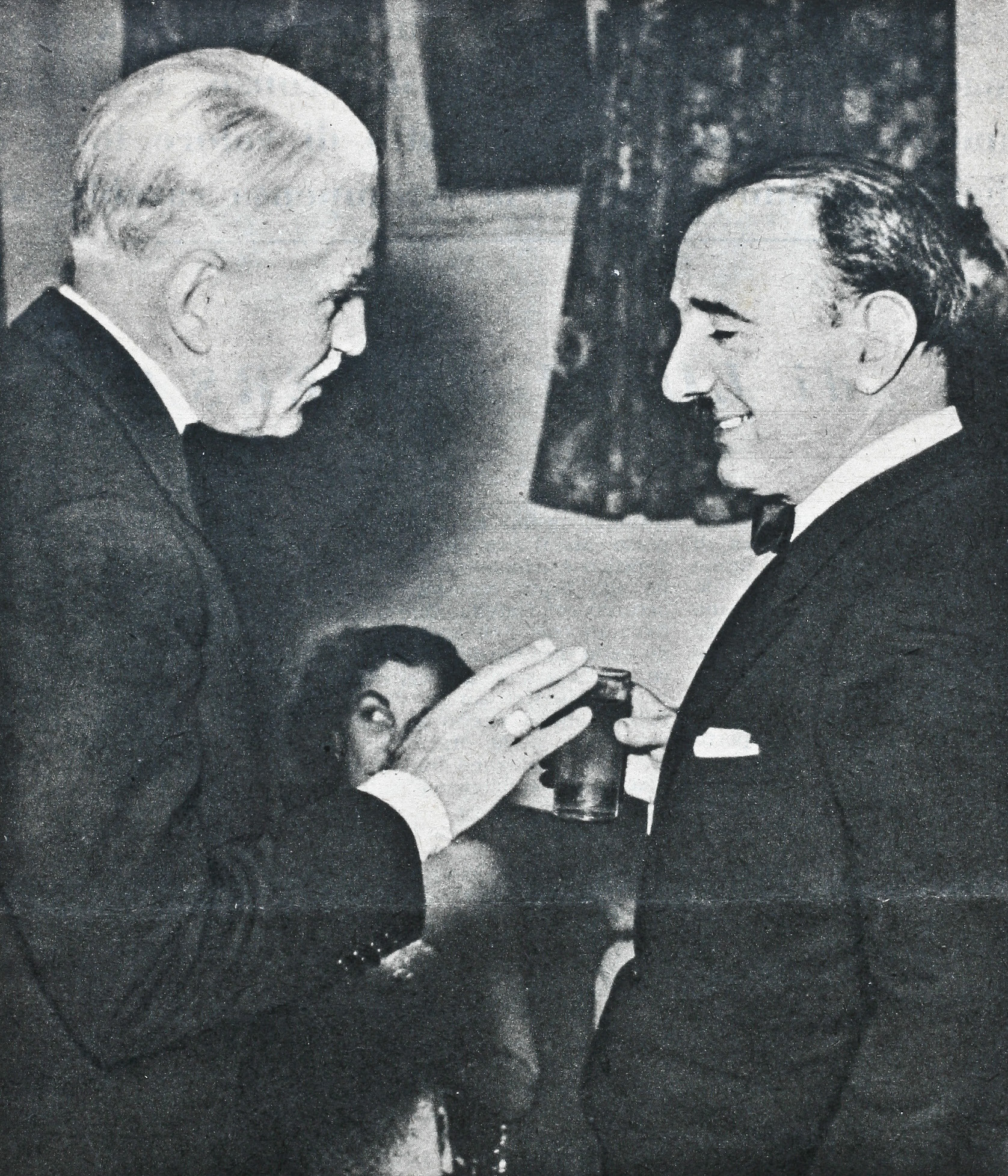Why do some peace summits succeed while other fails? In this work of Marcus Holmes and Keren Yahri-Milo, the authors highlight the importance of empathy between leaders. In fact, they first demonstrate that numerous findings suggest that empathy—the ability to understand the cognitive and affective states of others without necessarily sympathizing with them—is required for overcoming long-standing hostilities.
In this regard, they significantly report the words of the UN Secretary General Dag Hammarskjold: “you can only hope to find a lasting solution to a conflict if you have learned to see the other objectively, but, at the same time, to experience his difficulties subjectively”.
Hence, demonstrating empathy to your adversary is not a signal of weakness or vulnerability but a demonstration that you are negotiating in good-faith.
You can read more about this issue here

Image source: Yuriy Somov – Wikimedia Commons









Recent Comments